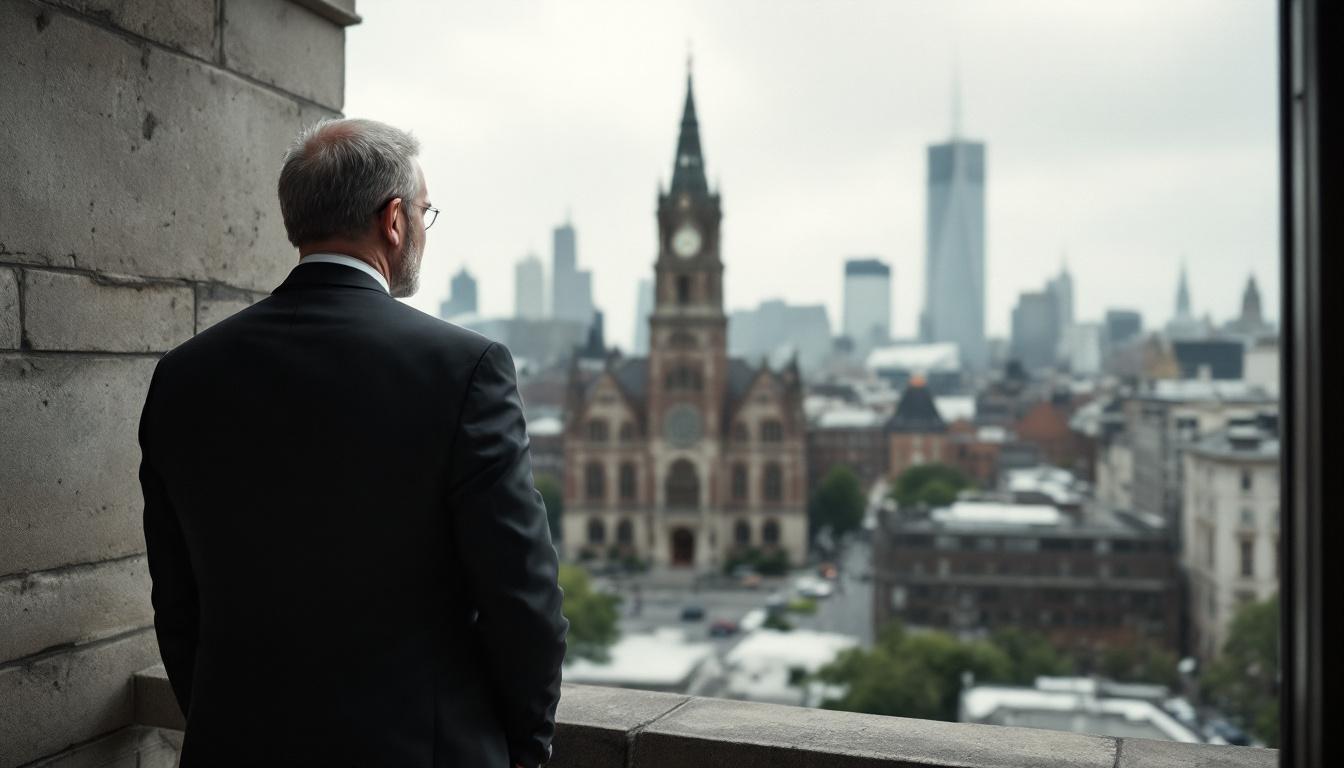In recent years, a significant shift has emerged within the landscape of LGBTQ+ activism, marked by a faction of gay, lesbian, and bisexual people who distance themselves from the broader, increasingly expansive queer movement. This divergence is notably embodied by the LGB Alliance, an organisation formed in 2019 that explicitly rejects the inclusion of transgender issues under the LGBTQ+ umbrella, focusing solely on the interests of those attracted to the same sex. According to one lawyer and former member of a conservative gay group, Ralf Höcker, this schism reflects deeper political and cultural divides rather than simple identity solidarity.
Höcker, who experienced personal violence in the Cologne gay scene following the large-scale migration influx beginning in 2015, attributes part of his conservatism to concerns around migration and public safety. While supportive of certain progressive policies such as surrogacy, he expresses more conservative views on gender ideology and migration, advocating for a society grounded in objective science and regulated immigration. He sees the focus on gender identity as erasing the realities and challenges specific to same-sex attracted individuals, a sentiment echoed by the LGB Alliance’s co-founder Bev Jackson, who argues that the dominant 'gender identity' concept undermines and effectively excludes lesbians and gay men from the conversation about sexual rights.
This growing backlash against gender activism within the queer movement aligns with the beliefs of several openly gay conservatives across Europe and the US. Prominent figures like Germany’s Alice Weidel of the AfD and Jens Spahn from the CDU/CSU assert their homosexuality but reject the 'queer' label and the political agendas that accompany it. They emphasise a more traditional understanding of sexual identity, opposing the expanding alphabet of sexual and gender identities that underpin contemporary queer politics. For these conservatives, sexual orientation is one facet among many of their identities rather than the sole defining political cause.
The LGB Alliance’s stance has not been without controversy. Critics, including transgender rights advocates and umbrella groups such as Consortium, have accused the organisation of promoting transphobic activity, a claim that surfaced prominently during legal disputes over the Alliance’s charitable status. However, in July 2023, the LGB Alliance won a tribunal ruling that affirmed its right to charitable status, framing the decision as a victory for free speech and the right to contest prevailing ideologies within gender and sexuality debates. This legal outcome underscores the contentious and evolving boundaries between LGB and transgender advocacy groups, illuminating ongoing tensions within the broader movement.
Beyond the internal conflicts in activist circles, this ideological fragmentation extends into corporate and political arenas. For instance, in mid-2024, HSBC and Linklaters faced criticism from the LGB Alliance for celebrating high rankings on Stonewall’s Top 100 Employers list. The Alliance questioned Stonewall’s influence over corporate diversity agendas, especially regarding transgender issues, reflecting wider unease among some gay and lesbian conservatives about the dominance of certain queer perspectives in workplace inclusion policies.
Political commentators like the CSU member and strategist Armin Petschner-Multari articulate a desire to normalise gay identity without making it a divisive political banner. Petschner-Multari advocates for a politics inclusive of all citizens, opposing identity politics he perceives as divisive, and cautions against symbolic acts he sees as superficial political signalling, such as flying the rainbow flag daily on the Reichstag. His concerns also extend to social cohesion challenges posed by immigration, mirroring the sentiments of Höcker and others who see migration as having complicated the social dynamics within traditional gay spaces.
Interestingly, a conservative brand of gay identity finds resonance within often surprisingly right-leaning political movements, such as segments of the MAGA base in the United States. Figures like former Trump administration officials Scott Bessent and Richard Grenell, who are openly gay, represent a fusion of traditional conservative values and sexual minority identity. Such examples challenge the common assumption that sexual orientation necessarily predicts political allegiance and illustrate the complex interplay of identity and ideology in contemporary queer experience.
Ultimately, this emerging faction of conservative gays and lesbians signals a broader contest over the definition, scope, and political trajectory of LGBTQ+ identities. While visibility and rights for sexual minorities have unquestionably advanced—legal milestones like the introduction of same-sex marriage in countries including Germany and Switzerland mark historic progress—there remains a vociferous debate about the direction of the movement. For many in the LGB Alliance and similar circles, reclaiming a focus on same-sex attraction, defending established rights, and asserting a biologically grounded view of sex and gender constitute a necessary corrective to what they see as the excesses of modern queer activism. This complex, sometimes fractious dynamic continues to shape conversations about identity, politics, and belonging within the broader LGBTQ+ world. Source: Noah Wire Services
